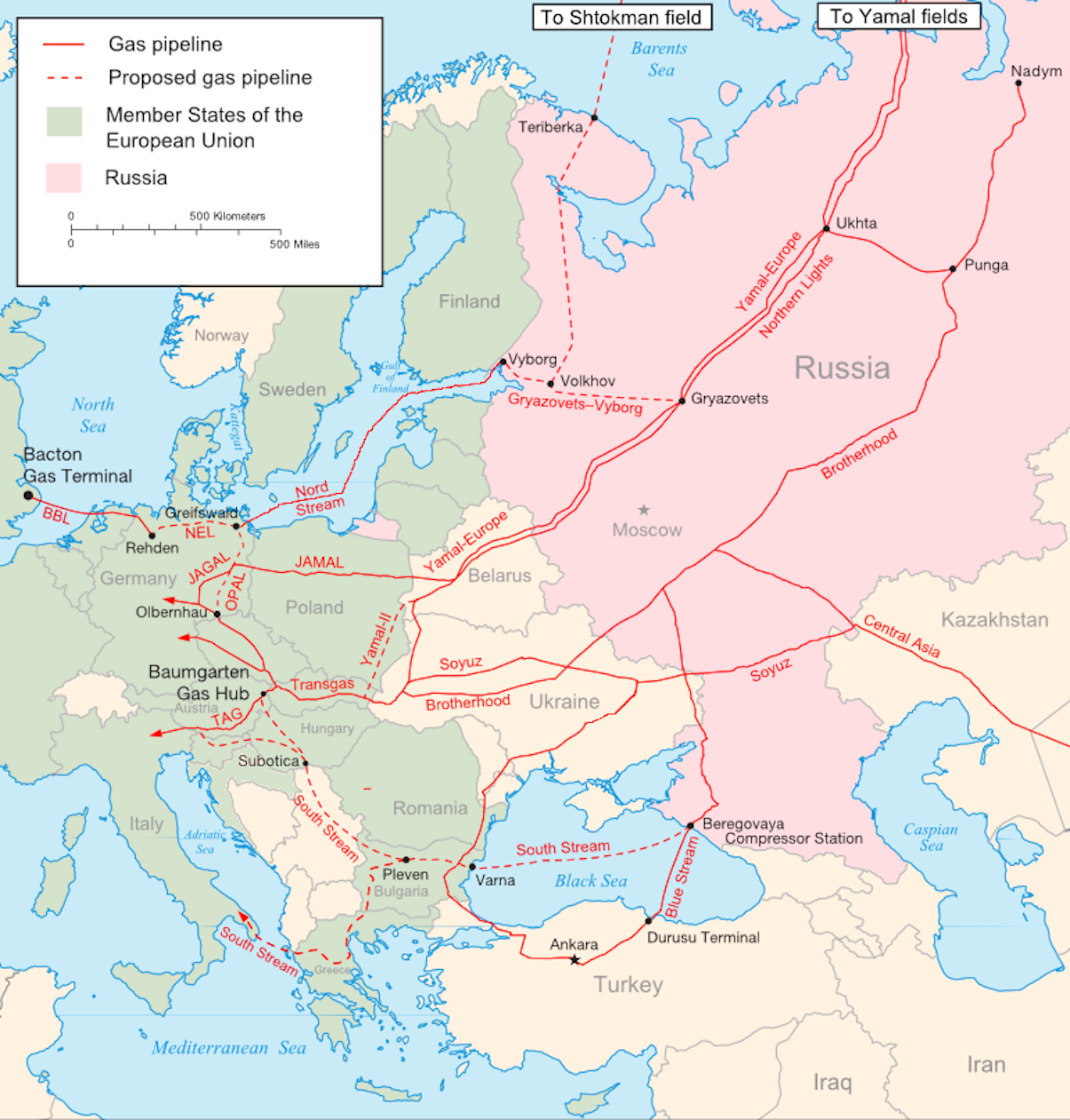Canadian Auto Dealers Fight Back Against US Trade War With Five-Point Strategy

Table of Contents
Enhanced Lobbying Efforts and Political Advocacy
Intensified lobbying efforts are crucial for Canadian auto dealers to navigate the complexities of the trade war. This involves vigorous advocacy at both the provincial and federal levels to influence trade policies favorable to the Canadian auto industry. The strategy prioritizes:
- Increased funding for lobbying groups: Significant financial resources are being channeled into organizations representing Canadian auto dealers to ensure effective representation in Ottawa and provincial capitals.
- Direct engagement with government officials: Direct communication with Canadian government officials, including ministers and parliamentary committees, is critical to conveying the industry's concerns and proposing viable solutions.
- Collaboration with other affected industries: A united front with other sectors impacted by the trade war—such as steel and aluminum—amplifies the collective voice and strengthens negotiating power with the US government.
- Highlighting economic importance: Constant emphasis on the vital contribution of the auto sector to the Canadian economy—jobs, GDP contribution, and related industries—is essential to secure government support and favorable trade agreements. This includes highlighting the significant impact on Canadian communities reliant on the auto industry.
Diversification of Export Markets
Over-reliance on the US market has exposed the vulnerability of Canadian auto dealers. The current strategy emphasizes reducing this dependence by actively exploring and developing new export opportunities globally. Key initiatives include:
- Targeting emerging markets: Canadian auto dealers are actively pursuing opportunities in rapidly growing markets in Asia (e.g., China, India) and Latin America (e.g., Brazil, Mexico), diversifying export destinations and reducing reliance on the US.
- Strengthening trade relationships: Negotiating and fostering stronger trade agreements with countries outside of North America is a critical component of this strategy. This involves actively participating in international trade missions and building relationships with foreign governments.
- Investing in new market infrastructure: Significant investments are being made in developing robust marketing and distribution networks in these new target markets to ensure efficient and effective product delivery.
- Exploring alternative transportation routes: To mitigate potential delays and disruptions caused by US port congestion or trade restrictions, alternative shipping routes and transportation logistics are being explored.
Technological Innovation and Investment in Domestic Production
Staying competitive in the global automotive landscape requires embracing technological advancements and boosting domestic production. This strategy prioritizes:
- Electric vehicle (EV) production: Significant investments are being made in the development and production of electric vehicles, aligning with global trends and securing a place in the future of the automotive industry.
- Manufacturing efficiency improvements: Focus is on enhancing manufacturing processes to improve efficiency, reduce production costs, and increase competitiveness in the global market. This includes the adoption of automation and lean manufacturing techniques.
- Developing innovative auto parts: R&D efforts are concentrated on creating cutting-edge automotive parts and components, solidifying Canada's position as a key supplier in the global automotive supply chain.
- Attracting foreign investment: Active efforts are underway to attract foreign investment in Canadian auto manufacturing, creating new jobs and boosting domestic production capacity.
Strategic Partnerships and Consolidation within the Industry
Collaborations and consolidation within the Canadian auto dealer industry are key to enhancing efficiency and improving collective bargaining power. The strategy involves:
- Increased cooperation between dealerships: Sharing best practices, resources, and marketing efforts through collaborative networks strengthens individual dealerships and the industry as a whole.
- Mergers and acquisitions: Strategic mergers and acquisitions create larger, more resilient businesses better equipped to weather economic downturns and navigate trade challenges.
- Shared resources: Pooling resources for marketing, distribution, and lobbying amplifies the industry's voice and reduces individual costs.
- Joint lobbying efforts: Unified lobbying efforts with increased influence and impact are achieved through collaborative initiatives between dealerships and industry associations.
Public Awareness Campaigns and Consumer Engagement
Educating consumers about the impact of the trade war and promoting the benefits of buying Canadian-made vehicles is vital. The strategy includes:
- Public awareness campaigns: Initiatives are being launched to highlight the economic benefits of purchasing Canadian vehicles and supporting Canadian jobs.
- Promoting Canadian quality: The focus is on showcasing the superior quality, reliability, and value of Canadian-made automobiles.
- Utilizing digital platforms: Social media and other digital channels are being used to reach consumers and engage them in conversations about supporting the Canadian auto industry.
- Partnering with consumer groups: Collaborating with consumer advocacy groups strengthens the message and increases its reach.
Conclusion: The Canadian Auto Industry's Fight Against the US Trade War
The five-point strategy employed by Canadian auto dealers represents a comprehensive and proactive approach to mitigating the negative impacts of the US trade war. This strategy acknowledges the crucial role of the Canadian auto industry in the national economy and aims to safeguard jobs, economic growth, and the overall competitiveness of the sector. The fight is far from over. Stay informed about the ongoing challenges faced by Canadian auto dealers and show your support by choosing Canadian-made vehicles. Learn more about the strategies employed by Canadian auto dealers to combat the US trade war and how you can help. Supporting Canadian auto dealers is supporting the Canadian economy.

Featured Posts
-
 Spot Market Strategies Eu Debates Russian Natural Gas Ban
Apr 24, 2025
Spot Market Strategies Eu Debates Russian Natural Gas Ban
Apr 24, 2025 -
 Positive Market Sentiment Indias Nifty 50 Experiences Strong Growth
Apr 24, 2025
Positive Market Sentiment Indias Nifty 50 Experiences Strong Growth
Apr 24, 2025 -
 Viral Whataburger Video Propels Hisd Mariachi To Uil State
Apr 24, 2025
Viral Whataburger Video Propels Hisd Mariachi To Uil State
Apr 24, 2025 -
 Sharks Missing Swimmer And A Body Found Israeli Beach Mystery
Apr 24, 2025
Sharks Missing Swimmer And A Body Found Israeli Beach Mystery
Apr 24, 2025 -
 Minnesota Attorney General Sues Trump Over Transgender Sports Ban
Apr 24, 2025
Minnesota Attorney General Sues Trump Over Transgender Sports Ban
Apr 24, 2025
